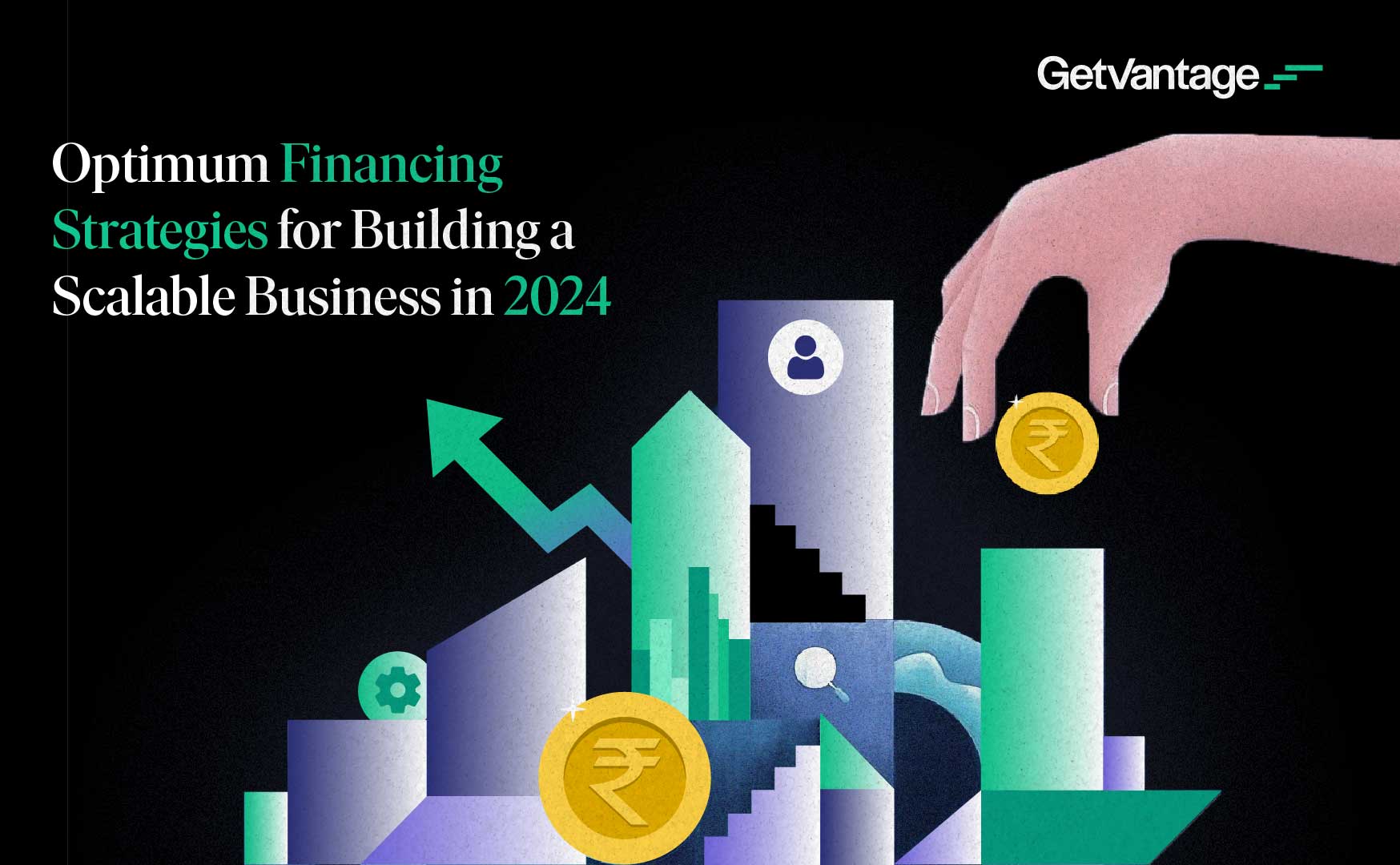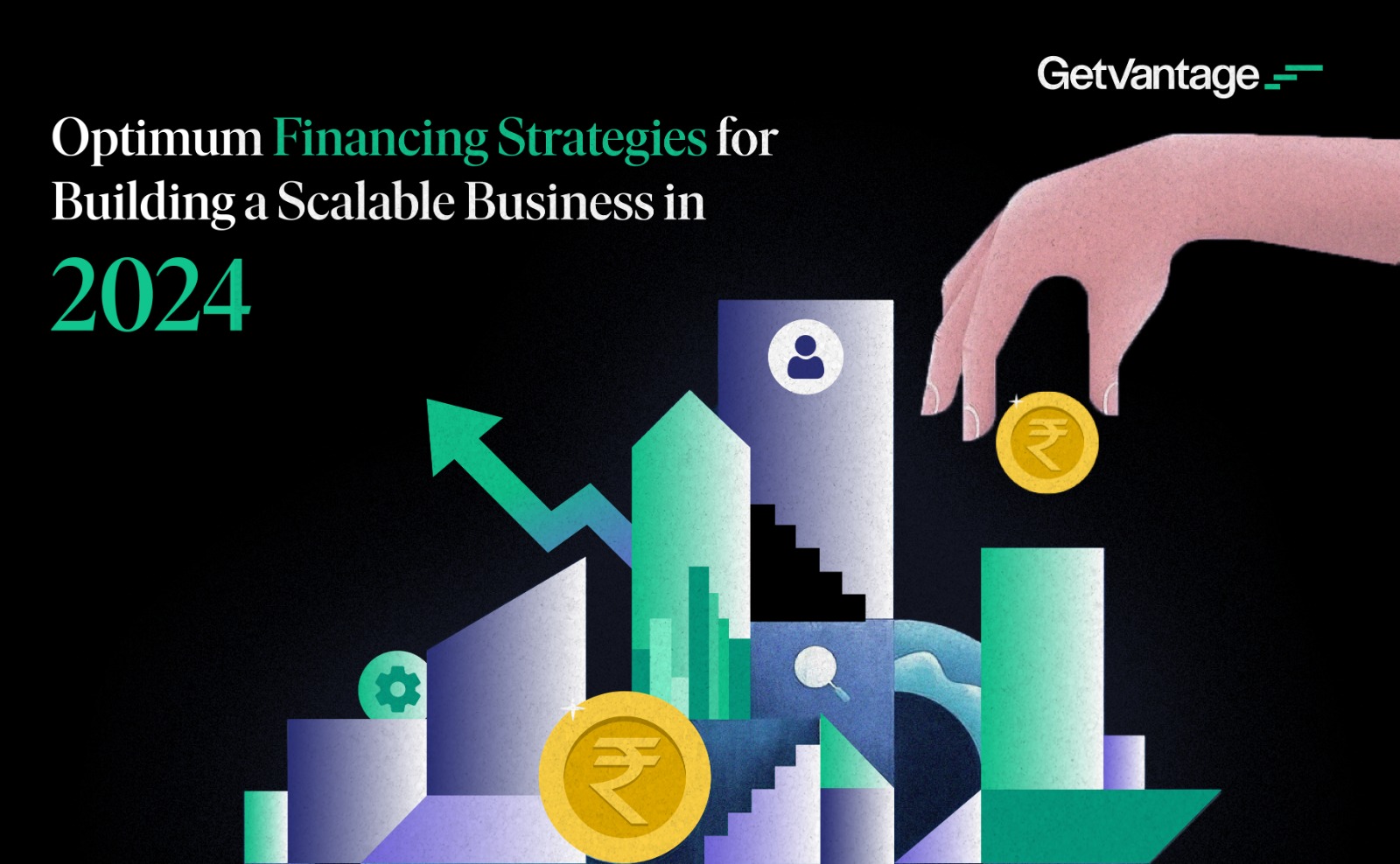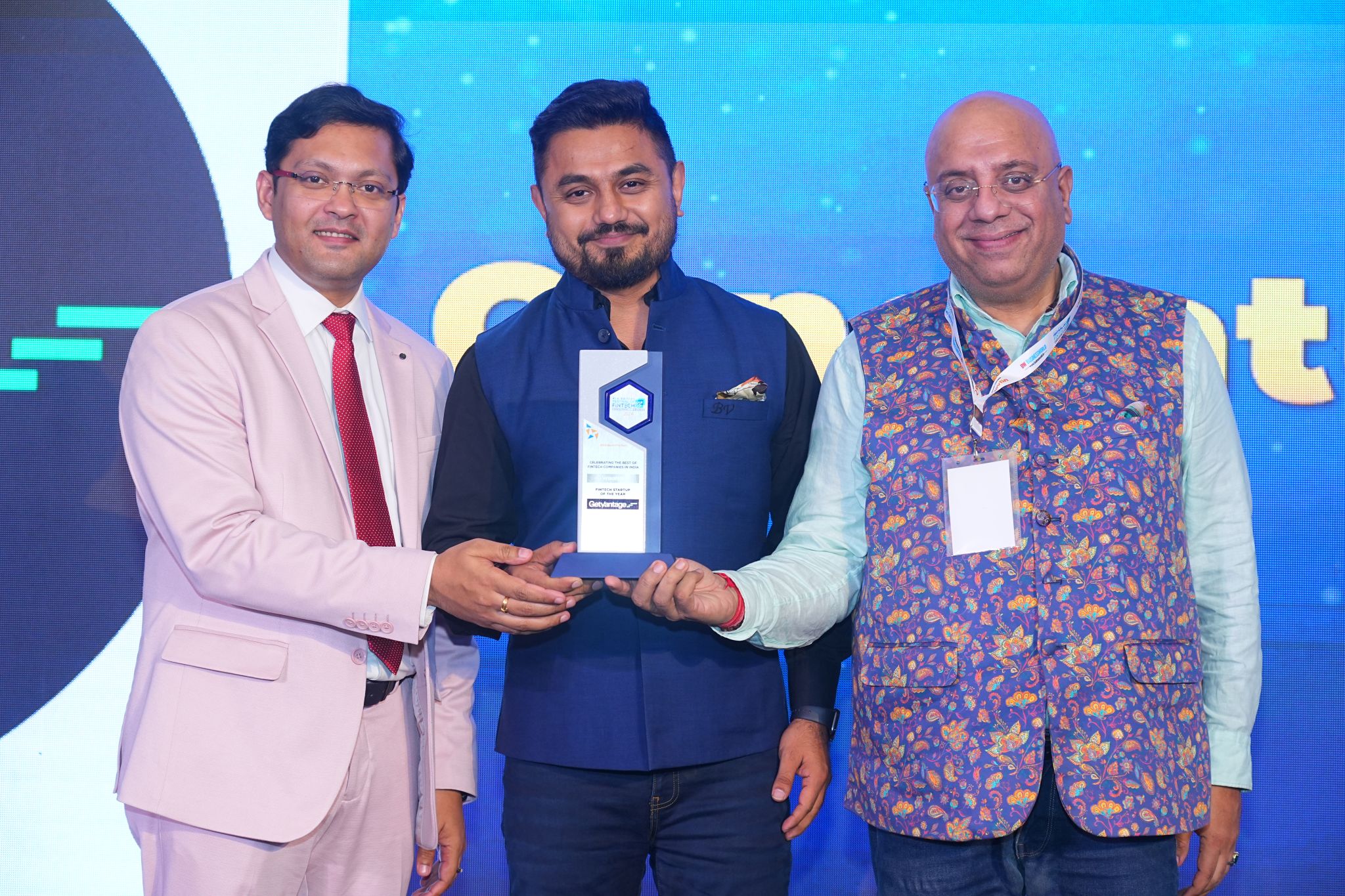While start-ups are buffeted by headwinds, GetVantage’s proposition of revenue-based financing is helping many of them survive the storm
It all started when Bhavik Vasa heard about deals where founders were bartering stakes in their companies with media firms in exchange for ads and promotions on their platforms. “While scaling operations and visibility for ItzCash (acquired by Ebix in 2017 and renamed EbixCash), I came across the ‘ad for equity model’, a barter deal where media houses take a certain stake in companies in return for ads and promotions on their platform,” says Vasa, Founder and CEO of GetVantage. “When I quit EbixCash to go on a personal break, the thought of providing alternative financing to start-ups for plans that would directly impact and improve their bottom line kept lingering,” he adds.
Thus was born GetVantage in 2019, which is today a prominent revenue-based financing (RBF) platform that has funded more than 650 ventures. Its cumulative gross merchandise value (GMV) of funding stands at over $700 million. Simply put, RBF refers to a mechanism where a start-up can avail growth funding without the founders having to dilute any stake or offer any collateral.
In GetVantage’s case, both Vasa (39) and Co-founder and CTO Amit Srivastava (42) come from a start-up background. While Vasa was a mentor and advisor for fintech cohorts at Startupbootcamp, Srivastava was the CTO of the accelerator before they started building GetVantage. What has really helped them scale GetVantage is that they are not programmed to think like investment bankers, or someone from the PE/VC industry. This has helped them realise that the biggest capital an early-stage start-up founder has is equity. And diluting it too soon would mean compromising on almost every aspect of running a business, such as values, business model, culture, etc., while the investors call the shots.
Prior to launching GetVantage, Vasa was Chief Growth Officer of ItzCash, while Srivastava is an entrepreneur with over two decades of experience in the fintech, IT consulting and B2B payment technology sectors.
Coming back to GetVantage, its proposition is simple. It lends anything between Rs 20 lakh to Rs 20 crore—post due diligence—to a start-up without any equity dilution, collateral or guarantees. And the repayment is done in the form of small, pre-agreed share of revenues till the time the loan is fully repaid. Moreover, the repayment comes with a flexibility based on the fluctuations in a start-up’s revenues.
This assumes significance, as earlier this year, a joint report by Redseer Strategy Consultants and GetVantage estimated that the alternative financing segment is likely to grow to a $60-billion opportunity by 2027. The report adds that the share of alternative financing, currently pegged at around 5 per cent of total financing, is likely to reach 11 per cent in the next five years. It attributes this growth to factors like a lack of collateral and clear documentation—that has always been a hindrance for commercial banks—to provide adequate capital to small and medium enterprises (SMEs).
Interestingly, when the start-up world was grappling with the collapse of US-based Silicon Valley Bank in March 2023, Vasa and Srivastava were quick to come up with an offering where start-ups could get funds up to $250,000 in just 48 hours to meet their working capital requirements. Further, they also began helping start-ups sign up with new banking partners in GIFT City for US-dollar accounts.
In fact, Vasa and Srivastava have been nimble in identifying opportunities and coming up with products in quick time. For instance, around late-2021, when many start-ups, especially direct to consumer (D2C) ones, were looking to bounce back from the impact of Covid-19, GetVantage launched its Bounce Back Capital initiative to provide quick funding to both early-stage ventures as well as traditional SME players. Vasa and Srivastava had created an initial corpus of $5 million with an aim of lending funds up to $500,000 per venture.
Incidentally, the initiative was launched soon after a report from Avendus Capital estimated that the Indian D2C market is expected to grow at a CAGR of 25 per cent to $100 billion by FY25 from $44.6 billion in FY21. The initiative also facilitated access for entrepreneurs to real-time insights and various business optimisation tools through a partner ecosystem that included Amazon Web Services (AWS), Razorpay, Freshworks, Adyogi, First Economy and Zoho, among others.
In 2023, too, GetVantage collaborated with early-stage investing platform Inflection Point Ventures (IPV) to invest Rs 200 crore into various start-ups. The partnership allowed IPV brands to get access to RBF from GetVantage, while start-ups in its network could reach out to IPV for equity capital. Some of the well-known brands in its portfolio include BluSmart, Charcoal Eats, The Ayurveda Co, Rage Coffee, Buyofuel and Urban Monkey, among others.
That’s not all. GetVantage has a number of NBFCs and family offices on its platform that invest in early-stage ventures. More importantly, it has also secured an NBFC licence. Overall, GetVantage has around 15,000 registered start-ups and users—out of which around 45 per cent are women-led- and first-time founders—on its platform.
With global headwinds showing no signs of abating, GetVantage’s Vasa and Srivastava are providing the much-needed stitch in time to help start-ups weather the storm.





